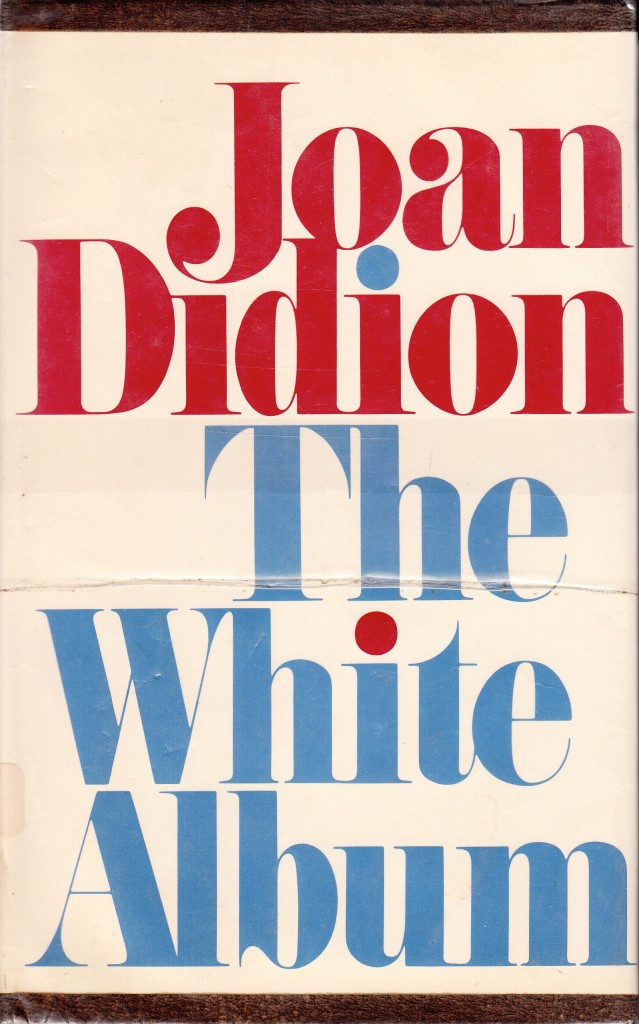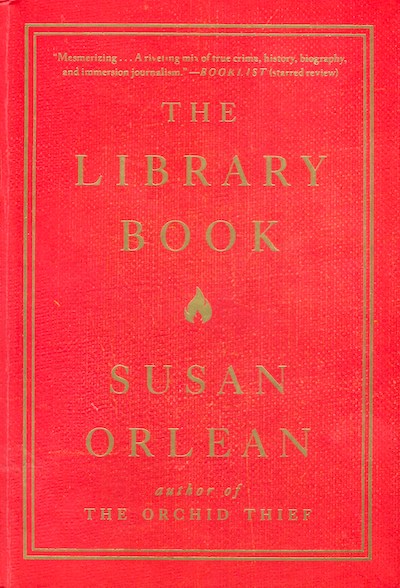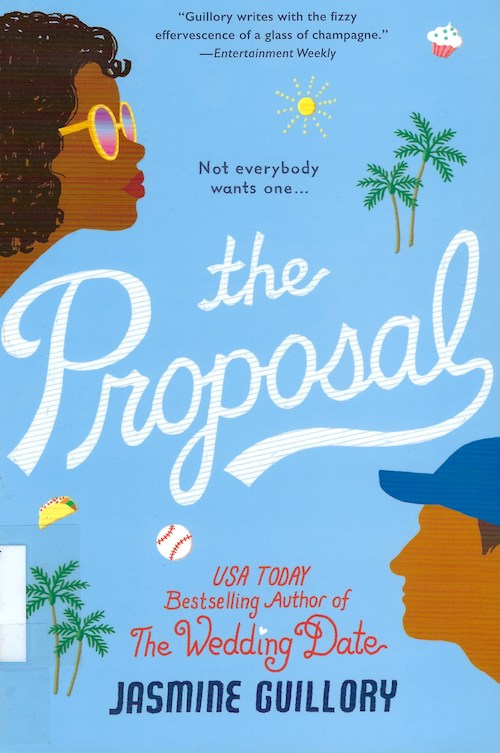
What’s it about?
The White Album is a famous set of essays by Joan Didion about the various aspects of living in California in the 1960s and 1970s. She covers weird neighbors, the California governor’s mansion, how to pack, migraines, depression/anxiety, and a wide range of other topics. It is a window on a particular time in a particular place.
Why should you read it?
Well, if for no other reason that it allowed me to start describing my own kitchen as “for snackers, not for cooks.” (We’ve moved in the last few months. Our new kitchen isn’t set up for even semi-serious cooking.) There may be a bon mot for you too.
But it also is a window on an era: it’s a very specific slice of American history, when the baby boomers were protesting Vietnam, when the idealism of the 1960s moved into the hedonism of the 1970s, and what it was like to be a young adult during that time. Now we’ve moved so far away from that to the-market-and-capitalism-will-fix-everything… It can be jarring to think of the world like that. Part of why we moved on is because of criticism like Didion’s. She didn’t give the era a warm, happy glow. She points out its flaws, and does it well.
It’s a critical eye looking at a time that was often romanticized (at least when/were I grew up). For that, I am grateful.


